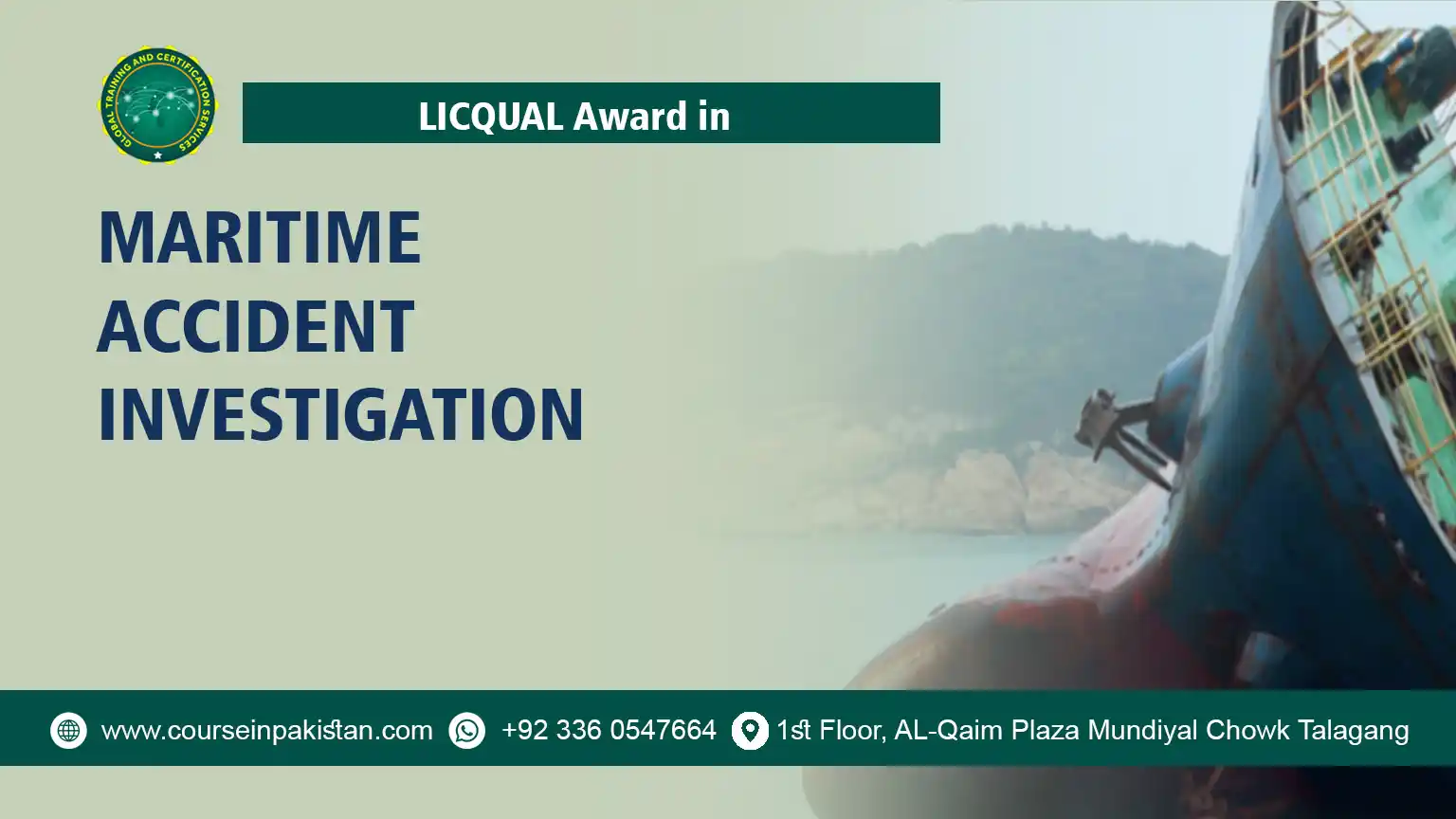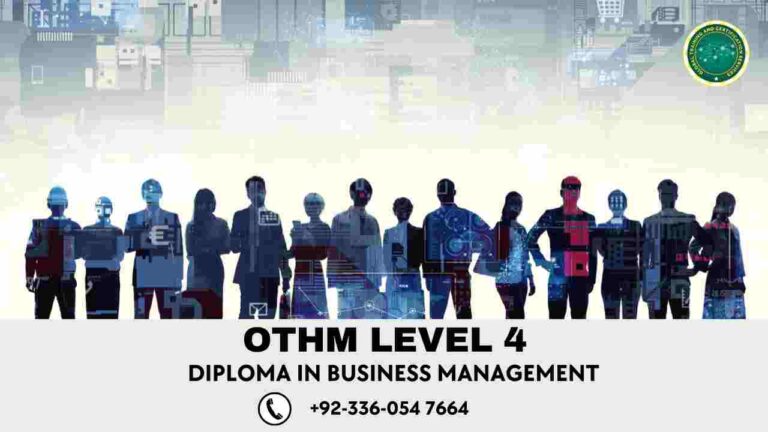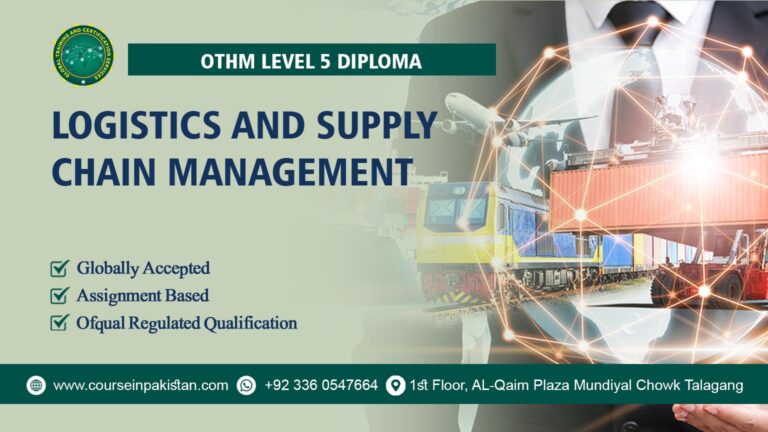
Award in Maritime Accident Investigation
Maritime transport plays a crucial role in global trade and transportation, but it also presents unique risks and challenges, particularly when accidents occur. The Award in Maritime Accident Investigation is tailored to equip professionals with specialized skills and knowledge to effectively investigate maritime accidents, determine root causes, and recommend safety improvements. This course is essential for ensuring maritime safety, regulatory compliance, and enhancing overall operational resilience.
Course Introduction
The Award in Maritime Accident Investigation addresses the critical need for trained professionals capable of conducting thorough investigations into maritime accidents. Participants will explore the intricacies of maritime safety regulations, investigate methodologies, and best practices specific to the maritime industry. This course prepares individuals to contribute significantly to maritime safety by meticulously analyzing accident scenarios and implementing preventive measures.
Course Overview
Participants will engage in a structured curriculum that blends theoretical knowledge with practical applications. The course covers essential aspects of maritime accident investigation, including legal frameworks, evidence preservation, human factors, and effective reporting. Through case studies and simulation exercises, participants will develop proficiency in navigating maritime accident complexities from initial response to final reporting.
Course Benefits
- Specialized Expertise: Gain in-depth knowledge of maritime accident investigation techniques and methodologies.
- Enhanced Maritime Safety: Contribute to the improvement of maritime safety protocols and regulatory compliance.
- Career Advancement: Earn a recognized qualification that opens doors to roles in maritime safety management, accident investigation teams, and regulatory bodies.
Course Study Units
The Award in Maritime Accident Investigation typically includes study units such as:
- Introduction to Maritime Accident Investigation
- International Regulations and Guidelines for Maritime Safety
- Data Collection and Preservation in Maritime Accident Investigation
- Human Factors in Maritime Accidents
- Equipment Failure and Technical Analysis in Maritime Incidents
- Navigation and Environmental Factors in Maritime Accidents
- Analyzing Crew Management and Communication in Maritime Accidents
- Accident Investigation Report Writing and Presentation
- Collaboration and Coordination with Stakeholders
Learning Outcomes
Introduction to Maritime Accident Investigation
Learning Outcomes:
- Understand the fundamental principles and objectives of maritime accident investigation.
- Identify key stakeholders and their roles in the investigation process.
- Recognize initial steps and protocols required to initiate effective maritime accident investigations.
International Regulations and Guidelines for Maritime Safety
Learning Outcomes:
- Comprehend international and national regulations governing maritime safety and accident investigation.
- Apply knowledge of regulatory frameworks to ensure compliance and accountability in maritime operations.
- Navigate legal considerations related to liability, insurance claims, and international maritime conventions.
Data Collection and Preservation in Maritime Accident Investigation
Learning Outcomes:
- Utilize effective techniques for collecting, documenting, and preserving data and evidence from maritime accident scenes.
- Ensure adherence to chain of custody procedures to maintain data integrity and admissibility.
- Organize and present data systematically to support investigation findings and regulatory requirements.
Human Factors in Maritime Accidents
Learning Outcomes:
- Apply human factors principles to analyze crew performance, organizational influences, and human error in maritime accidents.
- Implement strategies to mitigate human factors issues and enhance maritime safety culture.
- Incorporate human factors findings into accident investigation reports and safety recommendations.
Equipment Failure and Technical Analysis in Maritime Incidents
Learning Outcomes:
- Analyze technical failures and equipment malfunctions that contribute to maritime accidents.
- Utilize technical analysis techniques to determine the operational status and performance of maritime equipment.
- Recommend improvements to equipment maintenance and inspection procedures based on investigation findings.
Navigation and Environmental Factors in Maritime Accidents
Learning Outcomes:
- Assess navigation practices and environmental conditions that influence maritime accident occurrence.
- Apply knowledge of maritime operations and environmental factors to enhance safety protocols and risk management.
- Develop strategies for navigating challenging conditions and mitigating navigational risks.
Analyzing Crew Management and Communication in Maritime Accidents
Learning Outcomes:
- Evaluate crew management practices and communication protocols during maritime accidents.
- Identify factors affecting crew coordination and decision-making processes.
- Recommend training and procedural enhancements to improve crew performance and communication effectiveness.
Accident Investigation Report Writing and Presentation
Learning Outcomes:
- Develop clear, concise, and objective accident investigation reports that document methodologies, findings, and conclusions.
- Structure reports to effectively communicate investigation processes, safety recommendations, and lessons learned.
- Present investigation findings and safety recommendations to stakeholders, regulatory authorities, and industry partners.
Collaboration and Coordination with Stakeholders
Learning Outcomes:
- Foster collaboration and coordinate efforts with stakeholders including maritime agencies, industry partners, and regulatory authorities.
- Communicate effectively with diverse stakeholders to gather information, share findings, and implement safety recommendations.
- Build consensus and support for safety initiatives that enhance maritime operations and industry standards.
These learning outcomes equip participants with specialized knowledge and skills necessary to conduct thorough and effective investigations into maritime accidents. By mastering these study units, professionals are prepared to enhance maritime safety, ensure regulatory compliance, and foster a culture of continuous improvement and accident prevention in maritime operations.
Who is This Course For?
The Award in Maritime Accident Investigation is suitable for:
- Maritime safety professionals and investigators responsible for analyzing and mitigating risks associated with maritime transport.
- Ship captains, officers, and maritime engineers seeking to enhance their understanding of accident investigation and safety protocols.
- Government regulators and maritime authorities involved in ensuring compliance with maritime safety standards and regulations.
Future Progression for This Course
Successful completion of the Award in Maritime Accident Investigation paves the way for career advancement and specialization within the maritime industry. Graduates may pursue advanced certifications in marine accident investigation, safety management systems, or marine environmental protection. Additionally, this qualification prepares individuals to lead accident investigation teams, contribute to policy development, and advance safety initiatives within maritime agencies, shipping companies, and maritime consulting firms.
Award in Maritime Accident Investigation equips participants with critical skills to enhance maritime safety, regulatory compliance, and accident prevention through meticulous investigation and analysis. By mastering advanced investigation techniques and methodologies, professionals play a vital role in safeguarding maritime operations, protecting marine environments, and improving overall safety standards at sea.






